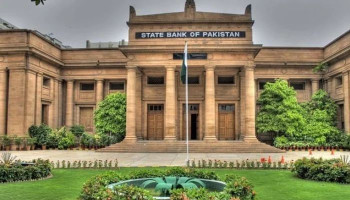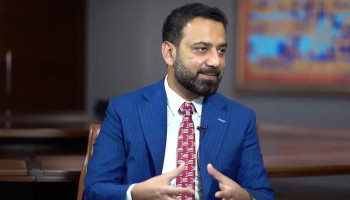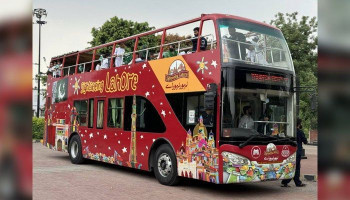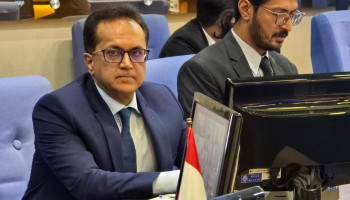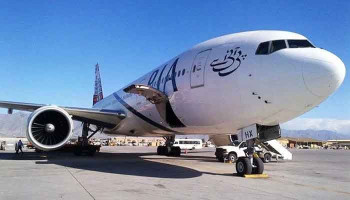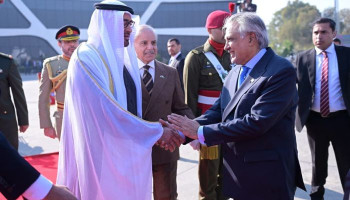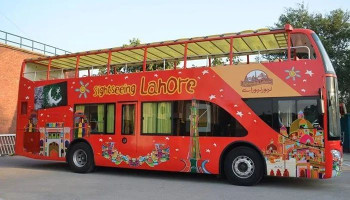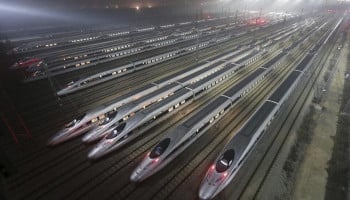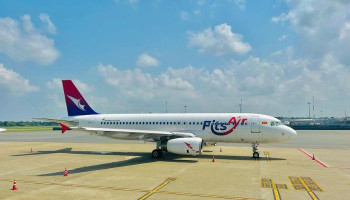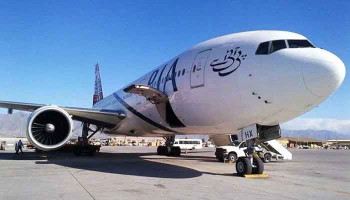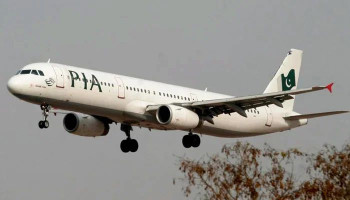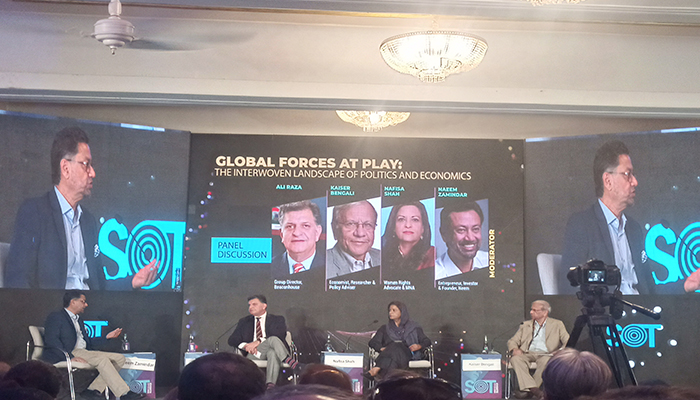
Pakistan, like many other nations, is navigating a complex political and economic landscape. The country's political stability, economic growth, and social development are intertwined, and any shifts in these areas can have major implications for its citizens. As Pakistan strives to attain sustainable development, understanding the interplay between politics and economics is essential.
A panel discussion titled 'Global Forces at Play: The Interwoven Landscape of Politics and Economics' was held on Saturday, organised by School of Tomorrow (SOT events) at the Beach Luxury Hotel in Karachi. Experts gathered to discuss how changes in political landscapes — both in Pakistan and globally — impact economic policies and societal well-being.
What is global power?
Global power refers to a country's ability to significantly influence other nations or international events. While discussing global power, Group Director Beaconhouse Ali Raza stated: “It’s the corporate who essentially dictate the terms and they are the ones who bring in that power and the majority of the developing countries end up signing agreements, which are essentially empowering those corporates, while not their local industries.”
Raza noted that the major problem Pakistani people face is dealing with these dictates, as it is always a donor-driven agenda that people end up following, which creates much of the chaos.
He suggested that the government should refrain from being involved in business, emphasising that the government should create a conducive environment for investments, whether indigenous or from abroad. However, until Pakistan overcomes its dependence on various multilateral or bilateral donors, the country remains unable to escape the donor-driven agenda.
How can Pakistan engage with other countries meaningfully?
When asked about the need for Pakistan to engage with the world meaningfully, economist, researcher, and policy adviser Kaiser Bengali said: "Pakistan is a resource-rich country, as we are a resource on a per capita basis and we're far richer than India. Pakistan can reduce unemployment and poverty to less than 5% in 20 years."
Currently, according to Statista, Pakistan's unemployment rate in 2024 is expected to be between 6% and 8%.
Meanwhile, the discussion also touched upon the role of civil society in shaping the country's future. Bengali highlighted the importance of active citizen engagement and advocacy in addressing societal issues. He emphasised the need for citizens to demand their rights and hold policymakers accountable.
Change is said to come from within, as the people of Pakistan must develop self-sustained solutions. Moreover, Bengali stated: "The elite class has to wake up, becoming less selfish with having a national agenda rather than having a personalised agenda."
Earlier in 2020, a report published by the Pakistan Centre for Philanthropy stated that overall philanthropy in Pakistan amounts to more than Rs70 billion, but it is not documented in the way that is desired.
Bengali emphasised that change can be expected as the audience rises and demands their rights. Without raising their voices for their rights, it is impossible to achieve any change in Pakistan.
"The people of Pakistan need to awaken to their rights and responsibilities while educating other people, as that has to be the primary way forward," Raza suggested. "Leadership has to get less polarised, as politicians need to get together and think about long-term strategies for the betterment of Pakistan."





